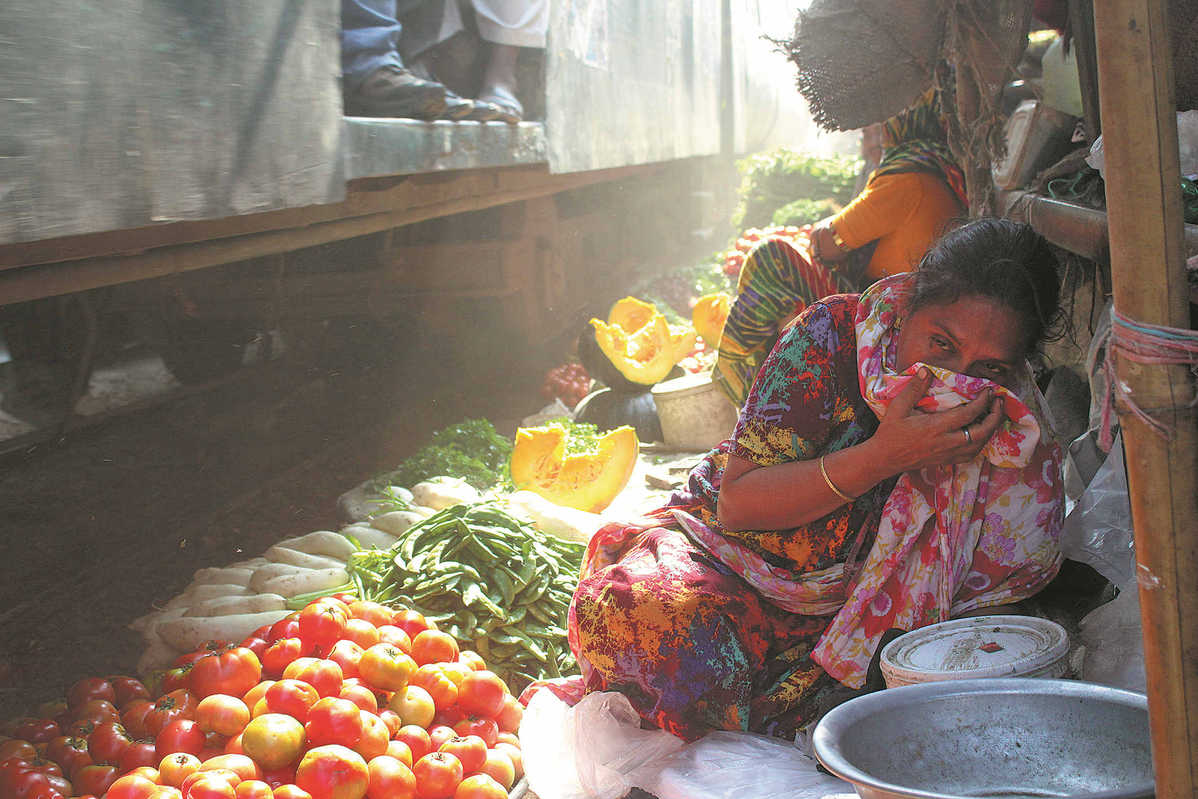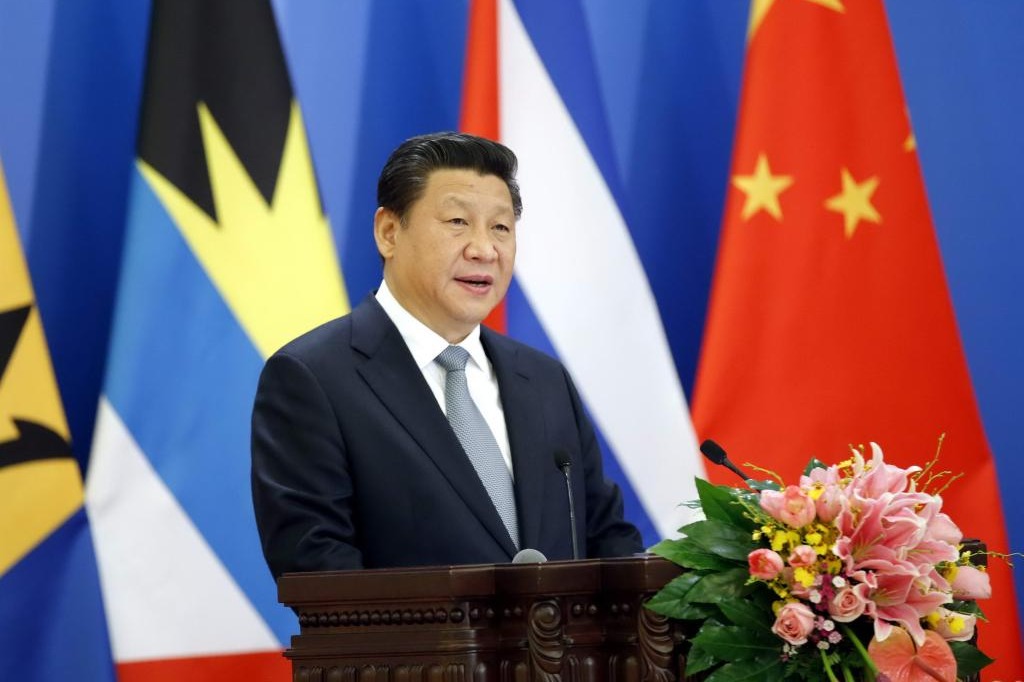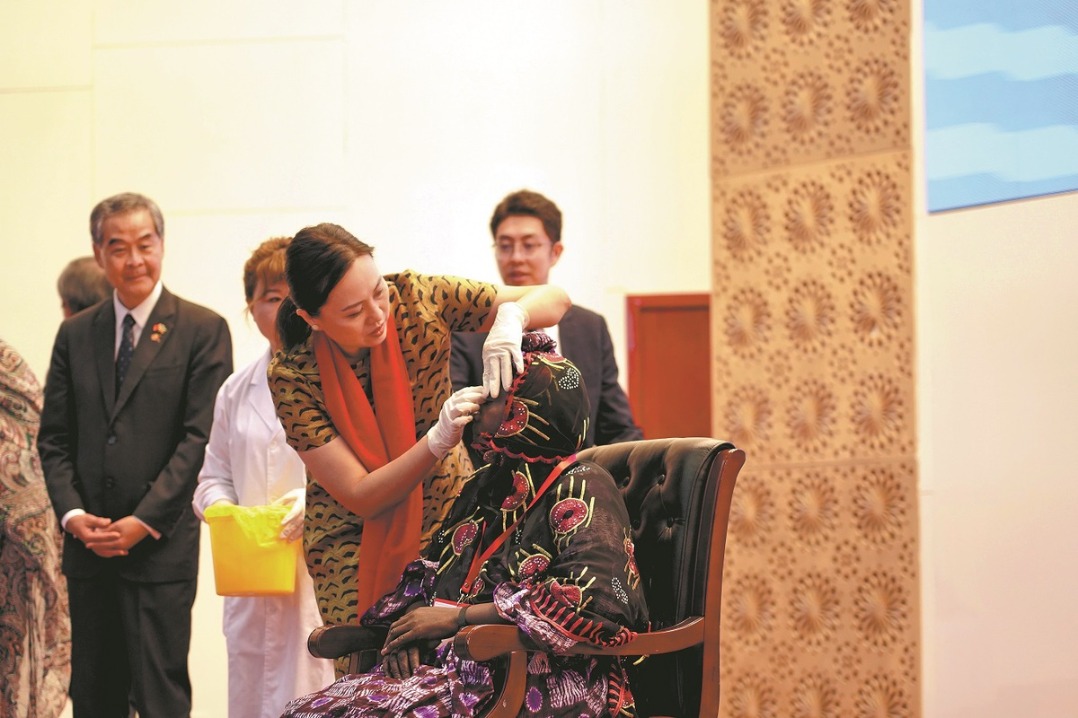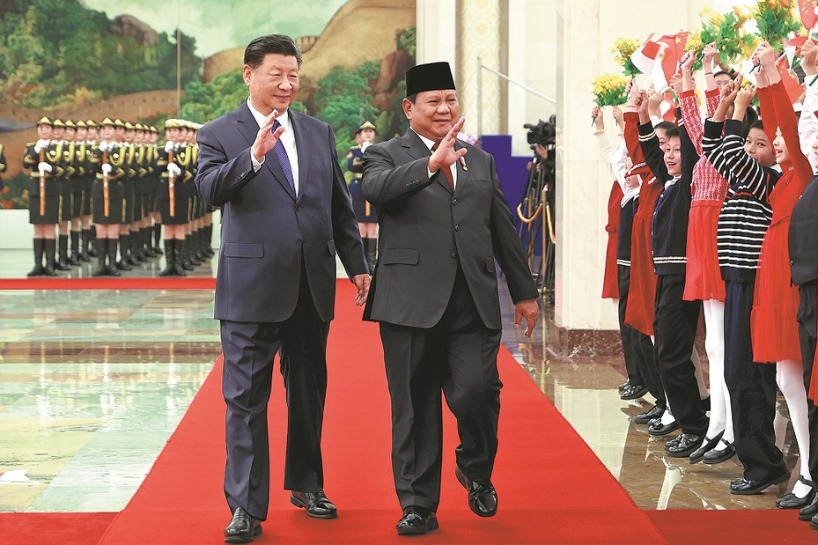Under the strain
Low-income families reel from stubborn inflation


The higher cost of living has compelled the family to send Sumon's son to work. He is employed at a bird shop in Mohammadpur's Basila area, earning 3,000 taka a month.
Sumon's wife can no longer work as a housemaid because of poor health.
"I can't meet the family expenditure so we come here for food because this has allowed my family to survive," Sumon said.
The impact of the COVID-19 pandemic and conflicts worldwide disrupted global supply chains and increased the prices of commodities, sending inflation to record levels in most countries.
Although inflation in many other countries has come under control, it showed no sign of improvement in Bangladesh since the government and the central bank did not act on time to reverse the price trend, according to analysts.
The government has recently limited imports and the central bank has taken some interest and foreign exchange rate measures, but the moves have yet to make a dent in higher consumer prices, which have shot to a decade high, they said.
Golam Rahman, president of the Consumers Association of Bangladesh, said using bank borrowing to finance the budget deficit has been one of the major sources of skyrocketing inflation.
He argued that when the central bank printed money to keep the government running, it fueled inflation.
He also called on the government not to set higher duties on the imports of essential commodities in the upcoming budget.
























